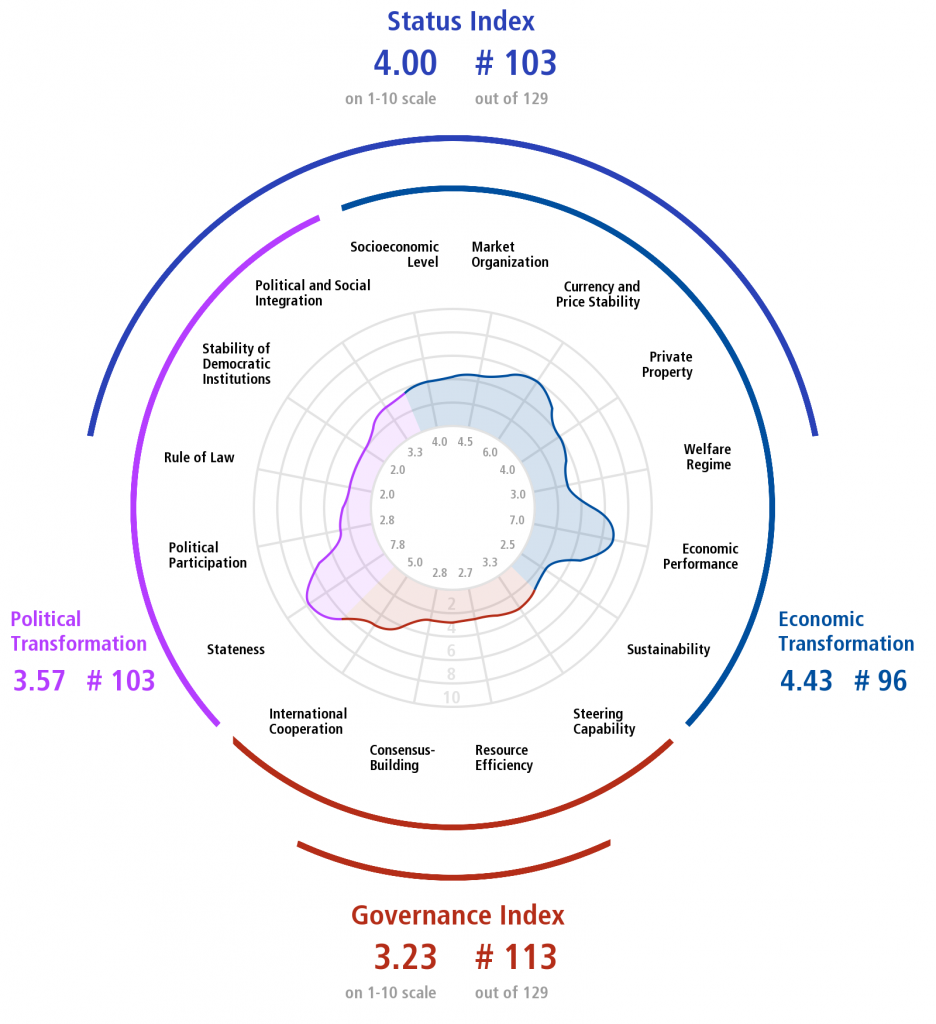EU plays tough with Cambodia
Op-Ed: Japan Time
Concerned by ongoing human rights abuses, the European Union has threatened to suspend Cambodia’s preferential access to its market. Cambodia responded by lashing out, warning that EU action could prompt the Phnom Penh government to crack down even harder on its enemies. The EU should not be deterred: The Cambodian government should be held to account for its human rights practices and its privileges rescinded if they violate commonly accepted standards. Other countries should support the EU’s message and policies.

Under its “everything but arms” (EBA) arrangement, all imports (except weapons) from developing countries are given duty-free and quota-free access to the EU market. The program has been a boon to Cambodia since joining in 2001. Overall, the EU is Cambodia’s biggest market, taking about 40 percent of its exports. Most of those products are in the garment sector: According to Cambodia’s Ministry of Commerce, textile shipments to the EU topped $1.6 billion in the first six months of 2018. In contrast, exports to the United States were about half as much — $858 million — and together the two markets comprise 72 percent of the country’s exports in that industry.
The Garment Manufacturers Association in Cambodia estimated that suspension of EBA would increase tariffs by 12 percent in the garment sector and by 8 to 17 percent for footwear. That could mean an additional $676 million in taxes on Cambodian textile exports, which would have a powerful impact on sales. The association warned that suspension of the EBA benefits would hit rural women hardest, as they make up about 85 percent of the country’s 700,000 garment workers.
That is a real risk, but the EU, like other countries that value democracy and human rights, cannot afford to ignore blatant abuses perpetrated by the government of Prime Minister Hun Sen.
The EU action was forced by last year’s general election, a ballot in which Hun Sen’s Cambodian People’s Party won 125 of the 125 seats contested in the National Assembly. That outcome was inevitable after the Cambodian Supreme Court dissolved the Cambodia National Rescue Party (CNRP), the leading opposition party, and banned 118 party members — including party leader Kem Sokha — for allegedly plotting with the United States to take power (a charge they and the U.S. government deny). Kem Sokha was unlikely to pose much of a threat as he was in prison on treason charges. He was released after the vote but remains under house arrest. Many other senior party leaders have fled the country.
Continue reading